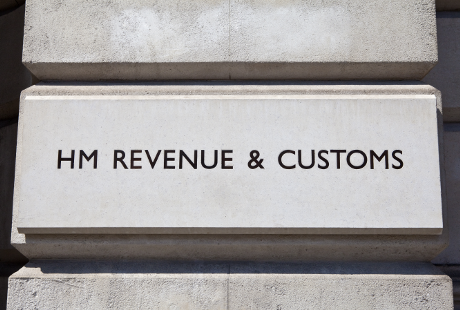HM Revenue and Customers has renegotiated its multi-billion pound IT outsourcing contract with Capgemini in line with the government’s revised IT sourcing strategy.
The contract, named Aspire, was originally signed by the Inland Revenue in 2004 and was then worth £2.8 billion over ten years. The engagement was extended in 2007 and revised in 2006, 2008 and 2009.
Last month, the deal was renegotiated once again in light of a Cabinet Office review of large government contracts, an HMRC spokesman told Information Age. HMRC has agreed "operational efficiency and cost savings" with Capgemini, they said.
The renegotiation has also opened the possibility that work that is currently subcontracted by Capgemini may be transferred to direct contracts with HMRC.
"As part of the new agreement, responsibility for some parts of the Aspire services delivered by subcontractors may in time transfer to HMRC," the spokesperson said. "In line with Cabinet Office’s Large Contract Review and the desire to have smaller contracts in general, HMRC believes it will provide greater control and choice – this will be subject to agreement with the subcontractors in question."
The spokesperson said that financial details of the contract are "confidential".
The renegotiation was revealed earlier this week by Capgemini as it reported its latest results. Aspire is Capgemini’s single largest customer engagement, making up 44% of the company’s €1.9 billion (£1.5 billion) UK business.
Revenue from the deal will be reduced as a result of the renegotiation, CEO Paul Hermelin said in a video discussing the results. "We have finalised a pretty comprehensive agreement with productivity gains [for] both sides, but it will [be] a reduced contract", he said.
In light of the Aspire contract, Hermelin advised investors that its revenue growth is likely to be flat this year. "We will only record a very limited revenue growth to compensate for the change of the perimeter of the Aspire contract", he said.
However, the company also said that margins would improve as a result of the renegotiation, because pass-through revenue – money that goes through Capgemini’s accounts before reaching subcontractors – dilutes its profit margin.
"This rather goes against the Cabinet Office assumption that the big [system integrators] are profiting from such relationships," remarked TechMarketView’s public sector IT analyst Georgina O’Toole in a research note.
Hermelin added that he hopes the renegotiation will put Capgemini in a better position to compete for new UK public sector business. "It will allow us to compete with renewed energy," he said. "We have a large pipeline of opportunities in the UK public sector, nearly half a billion. I hope that building on that agreement we will compete with some success."







